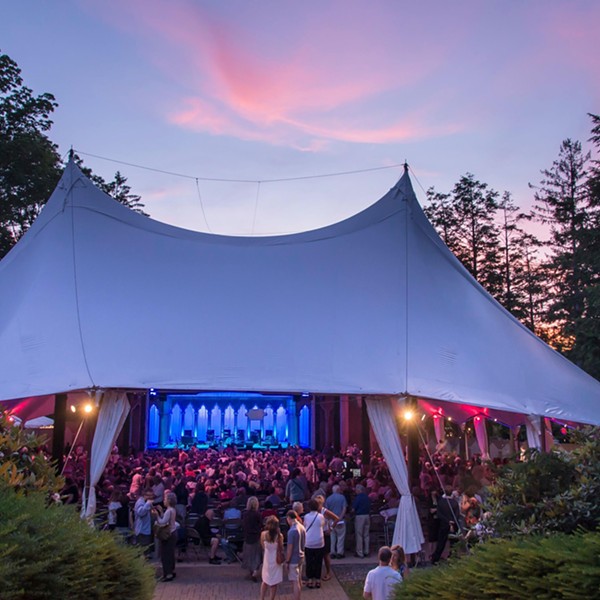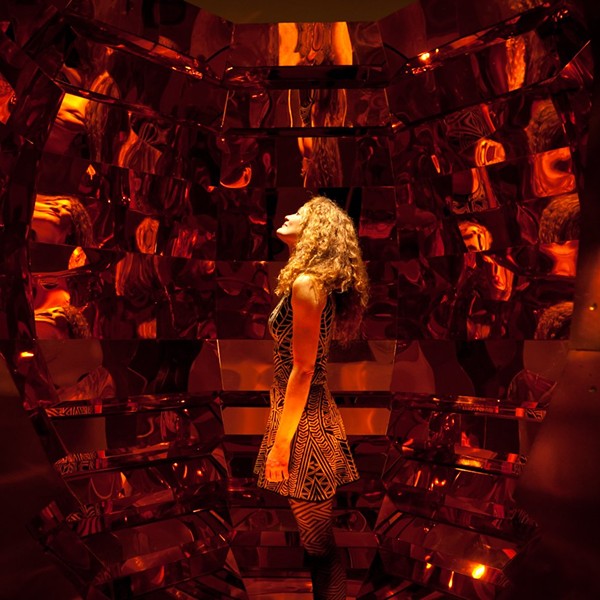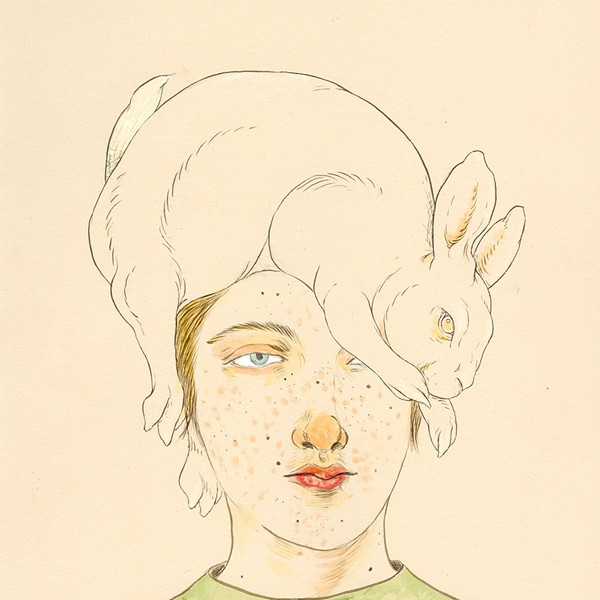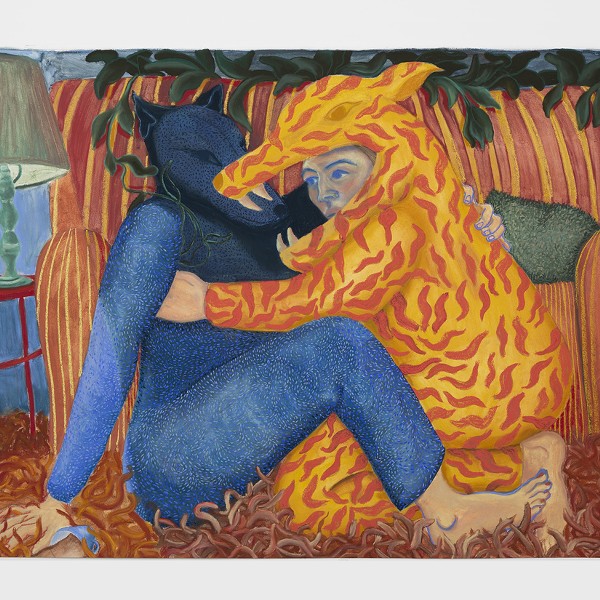
Over the past few weeks, the executive branch has made unsubstantiated claims that the Obama administration has been wiretapping them, with Trump advisor Kellyanne Conway convinced that microwaves could have been used as cameras. These allegations should not come as a surprise—data collection is increasingly casual, and the cultural response to privacy loss bleeds into every realm. "What we thought of as purely fiction has really caught up with us," notes Gideon Lester, director of the Theater and Performance Department at Bard College. Lester saw the theme of surveillance appearing in the work of contemporary performance artists.
What power dynamics are implicit when one person views another? With this question in mind, he and his colleague Caleb Hammons began to commission multidisciplinary artists for the upcoming performance exhibition "We're Watching." While art shows on surveillance have proliferated as of late, this will be the first to use contemporary performance. What will this add to the conversation? Lester argues that the etymological root of the word "theater" means "the place of watching," and that the bodily, time-based nature of performance provides a more visceral view of surveillance than an art object can.
Despite the many federal spying scandals of the past decade, Lester takes an unconventionally indifferent stance toward governmental surveillance. The show will instead focus on surveillance's impact on "what it is to be, in relation to other human beings." The seven original works of "We're Watching" may land in this humanistic spirit: They include Alexandro Segade's play, "Future St.," which takes place in a dystopian Southern California city (think Blade Runner) where male cloning as reproduction is enforced, until it's overthrown by under-the-radar feminists. "Foundation for Healing," a virtual reality experience by Samuel Miller, teaches visitors about self-care in the surveillance state, like creating makeup that thwarts facial recognition. He feels that his nurturing performance is necessary to counter the "hyper vigilance" that the internet has bred in him, and in other queer artists "who have spent a lot of time needing to protect their own identity."
Other performances will include "What Remains," an ambitious collaboration between professor Homi K. Bhabha, filmmaker John Lucas, poet Claudia Rankine, and choreographer Will Rawls. It will use movement, language, and video to look at the memorialization of those murdered by the state. Hasan Elahi's work "Retina" will use Google Street View imagery to show the simultaneous pragmatism and intrusiveness of mapping. In "The Great Outdoors," Annie Dorsen will use a planetarium-like structure to display anonymous internet forum comments like an unfiltered worldview. Big Art Group's performance "Opacity" will position a lone figure in bed with a cell phone to question how intimacy can be gained through a digital interface.
A group-show format does not typically occur within the performing arts. In an interview with BOMB magazine, performer Alexandro Segade notes that it is easier to dissolve the boundary between performer and audience within a fine arts context. This experimentation could lead to more critical form of performance, and Lester feels this makes "an argument that American performing artists are also conceptual." To many, this claim would appear obvious. Yet, many of the radical theater experiments of the last century failed to actually transform the field of theater as a whole. Avant-garde performance becomes relegated to the field of fine arts, but also remains apart from it, watching itself.
"We're Watching," the second Live Arts Bard Biennial, will run from April 27 to 30 at Bard College's Fisher Center. Tickets are available for individual performances or for marathon viewing on Saturday and Sunday. (845) 758-7900; Fishercenter.bard.edu.
—Nolan Boomer
















